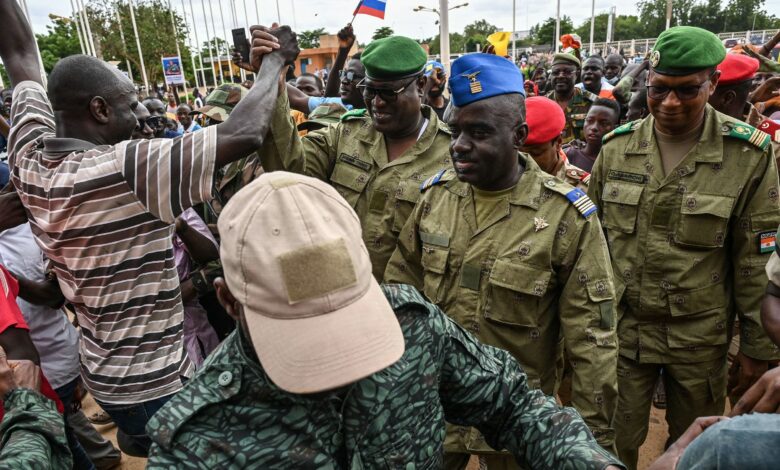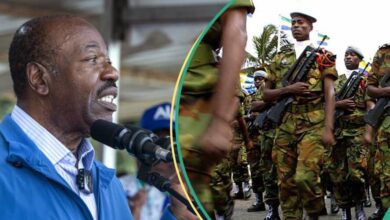Niger’s Fragile Democracy Under Threat: The 2023 Military Coup
The military coup in 2023 unfolded when a group of senior military officers, led by General Amadou Kaboré, seized control of the government.

Introduction
On a fateful day in 2023, the West African nation of Niger witnessed a tumultuous turn of events as the military seized power in a coup d’etat. This coup marked the latest chapter in Niger’s complex political history, characterized by a delicate balance between democratic aspirations and military intervention. In this article, we will explore the background, events, and potential implications of the 2023 military coup in Niger.
Background: Niger’s Democracy on Shaky Ground
Niger, a country with a history of military coups and transitions between civilian and military rule, had been struggling to solidify its democratic institutions. The coup in 2021, led by Colonel Assimi Goïta, had already tested the nation’s commitment to democracy, with promises of a return to civilian rule and elections. However, the situation remained fraught with political tensions, ethnic divisions, and security challenges.
The 2023 Coup: A Disputed Power Grab
The military coup in 2023 unfolded when a group of senior military officers, led by General Amadou Kaboré, seized control of the government. They justified their actions by citing concerns over the government’s inability to effectively address security issues and allegations of corruption. President Mohamed Bazoum, who had taken office after the 2021 coup, was placed under house arrest.
The coup sparked immediate international condemnation, with many countries and organizations labeling it a breach of democratic principles. Niger’s path to stability was further complicated as the international community grappled with how to respond to this latest crisis.
Causes and Drivers of the Coup
Several factors contributed to the 2023 coup:
- Security Concerns: Niger has faced persistent security challenges, particularly from jihadist groups operating in the Sahel region. The government’s inability to curb this threat eroded public confidence and created an opening for military intervention.
- Political Instability: The aftermath of the 2021 coup left Niger’s political landscape polarized, with allegations of electoral fraud and discontent among various political factions.
- Economic Struggles: Niger is one of the world’s poorest countries, facing severe economic challenges. High levels of poverty, corruption, and limited economic opportunities contributed to public dissatisfaction.
Implications for Niger and the Sahel Region
The 2023 coup has significant implications for Niger and the broader Sahel region:
- Democratic Backsliding: The coup represents a significant setback for democracy in Niger. The international community’s response, including sanctions and diplomatic pressure, reflects concerns over the return of military rule.
- Security Challenges: Niger’s security situation is likely to worsen. Political instability can divert attention and resources away from the fight against jihadist groups, potentially allowing them to gain ground.
- Economic Consequences: The coup could discourage foreign investment and hinder economic development. Economic instability, coupled with an already precarious humanitarian situation, could lead to increased suffering for Niger’s population.
- Regional Instability: Niger plays a vital role in regional stability efforts, particularly in countering terrorism and managing migration flows. The coup’s ripple effects could disrupt regional cooperation and increase instability in the Sahel.
Conclusion
The 2023 military coup in Niger has thrown the nation’s fragile democracy into uncertainty, posing a significant challenge to the quest for political stability and economic development. As the international community grapples with how to respond, it is crucial to find a balanced approach that addresses the root causes of instability while upholding democratic values. Niger’s path forward will require a delicate balance between political reconciliation, security efforts, and economic development to restore stability and democracy to the nation.
Murhero.com





